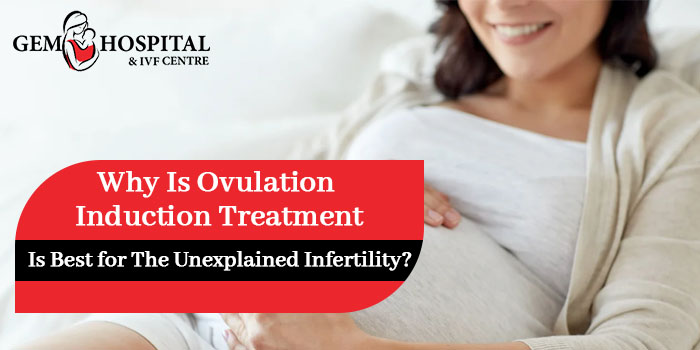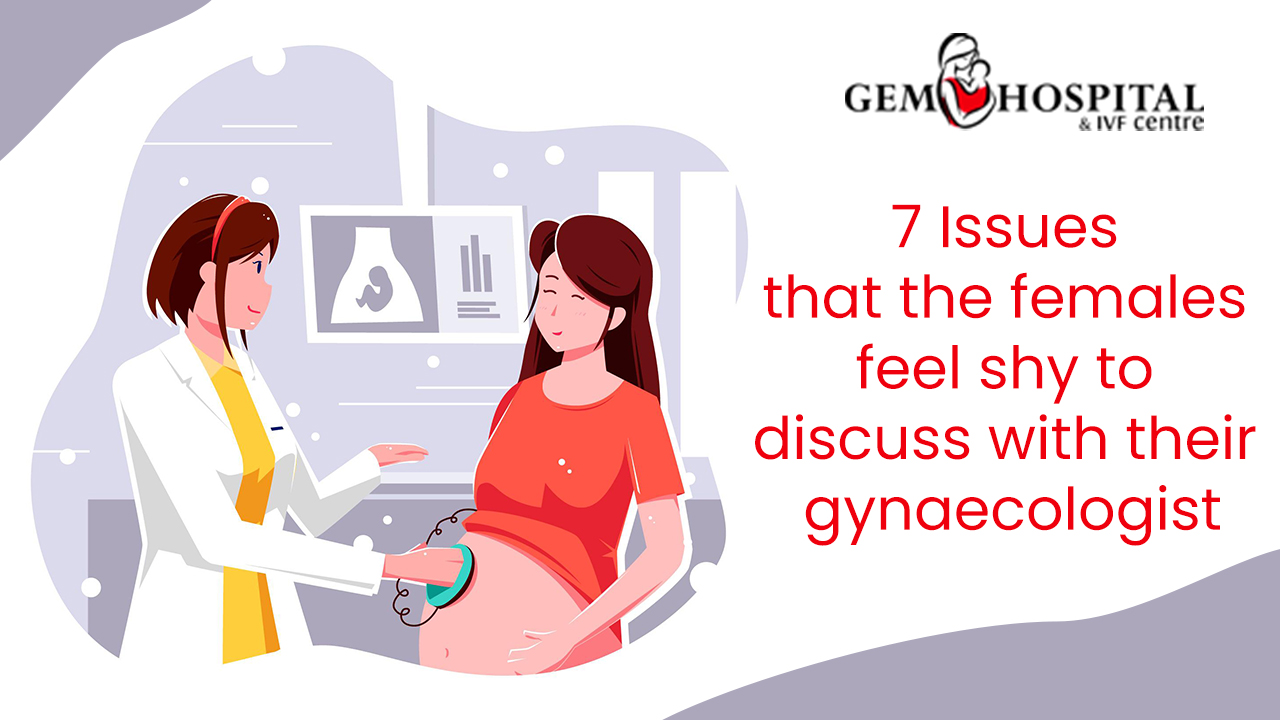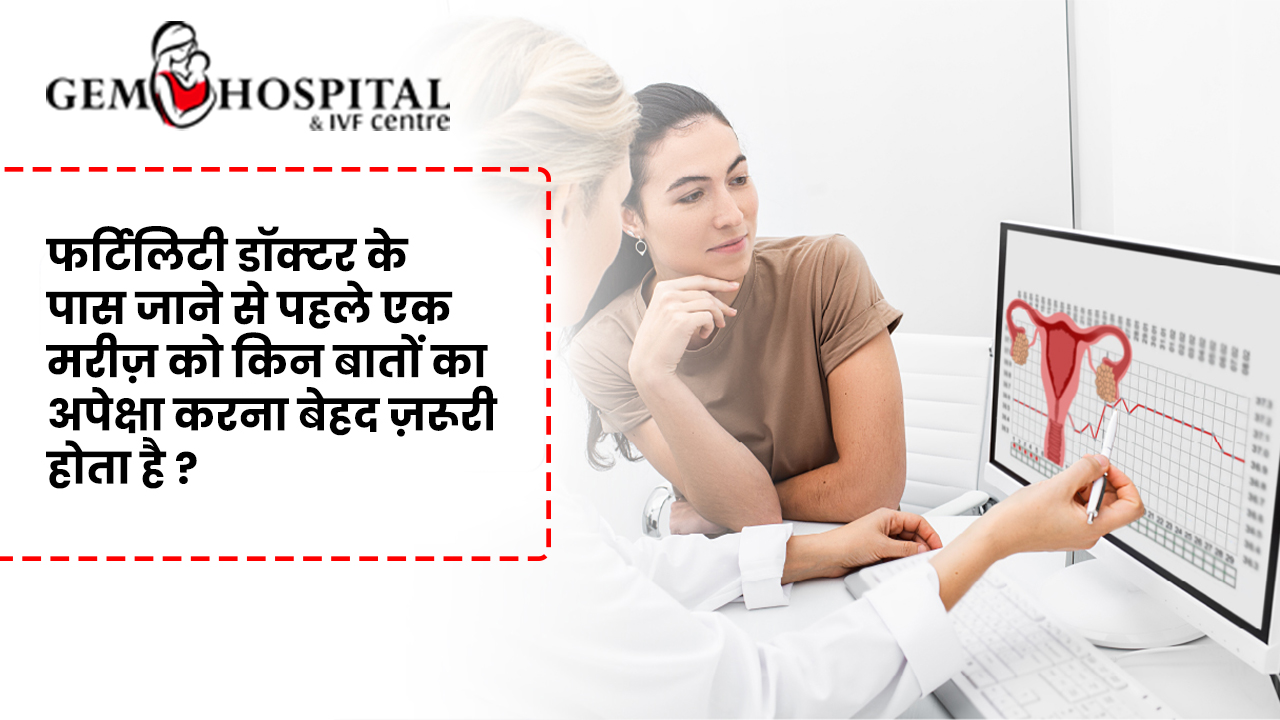Ovulation Induction for Unexplained Infertility
The ovulatory disorder is one of the common reasons behind infertility. Its prevalence is around 15% for couples who are infertile and 40% for women with unexplained infertility. Studies have shown that women ovulate every month, but it is difficult for them to conceive naturally. This shows that the woman has unexplained infertility along with a problem in ovulation. If you are also struggling with the same issue, then make sure to seek assistance from the fertility expert, without any delay. The doctor will suggest you ovulation induction treatment to improve your conception chances.
How does ovulation induction treatment work?
Women who cannot ovulate on their own can be benefited through ovulation induction which is done along with medications. The women need to take the medication when the menstrual cycle begins so that the ovaries are stimulated and enough eggs are produced for the process. Here are the drugs which the doctor will suggest to you:
Letrozole
One of the essential parts of the treatment. You need to take it daily, around 2.5 to 7.5 mg in amount and 3 to 5 days following the menstrual cycle for 5 days. On the 3rd day, you might be given a single dose. Your condition is checked on the 7th day and rest is done the way the body responds. It is not suggested more than 7.5 mg, even if it does not work.
Clomiphene
This medication is suggested by the doctor to stimulate the ovaries by increasing the FSH hormone. It is given on the 2nd and 6th day of the beginning of the menstrual cycle in around 50 mg. If the results are not there then the dose can be increased. As per the doctor’s advice, the doctor will suggest when you need to stop the medication when the LH hormone sees a rise. 36 hours after that, ovulation will occur.
Gonadotropins
Gonadotropins are best suggested to women so that ovulation occurs. For 5 to 12 days, the active ingredients are injected so that the follicles start maturing themselves in the ovaries. Initially, the woman is given 75 IU per day, but it might be different depending on your condition. Throughout the test, your health is closely looked upon by hormone tests and ultrasounds. Along with that medications are adjusted, if needed. Following the ovulation, the woman is given an HCG injection.
Are there any risk factors?
Ovulation induction is an important part of fertility treatment. Research has pointed out that there are certain risk factors, one of them is increased risk of borderline ovarian tumors and it is linked with gynecological cancer. Around 4% to 15% of the natural pregnancies end up as multiple pregnancies. Around 20% of the cases end up with miscarriage.
Consult the best fertility expert
If you are facing problems conceiving and diagnosed with unexplained infertility, then consult the doctor about this fertility treatment. The doctor will make sure that you get the treatment plan depending on your condition. Feel free to discuss your doubts with the fertility expert.



